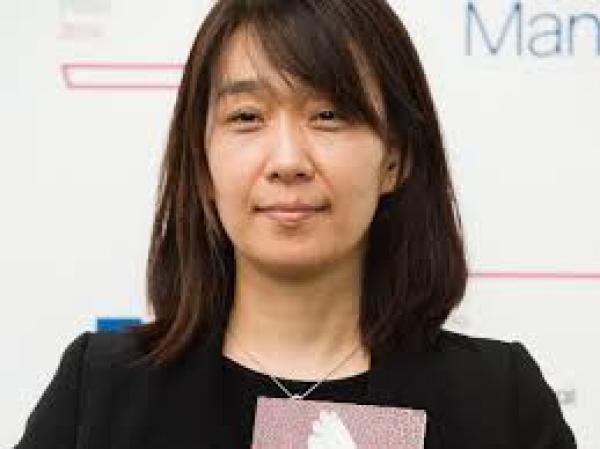
The 2024 Nobel Prize in Literature has been awarded to South Korean author, Han Kang, for “her intense poetic prose that confronts historical traumas and exposes the fragility of human life.”
The body disclosed this in a post on its official Facebook page and website on Thursday.
PUNCH Online reported earlier that two categories have already been revealed, with the Chemistry category winner announced later on Wednesday.
This prestigious award, first established by the Swedish inventor, Alfred Nobel, in 1901, continues to honour those whose contributions have impacted humanity.
Spanning six prize categories—Physics, Chemistry, Physiology or Medicine, Literature, Peace, and Economic Sciences—the Nobel Prizes are announced every October and presented in a grand ceremony on December 10
Born in Gwangju in 1970, Han Kang moved with her family to Seoul at the age of nine.
Her father, a celebrated novelist, was an early influence, and her artistic explorations extended beyond literature to include music and visual arts.
This multifaceted approach is evident in her literary works, which are known for their layered, evocative prose.
Han Kang’s literary journey began in 1993 when she published a series of poems in the magazine Literature and Society.
Her debut in prose came two years later with the short story collection Love of Yeosu (1995).
Over the years, her work has continued to grow in prominence, marked by novels and stories that delve into the human condition with a hauntingly poetic style.
One of her early and notable works, Your Cold Hands (2002), explores themes of art, identity, and the human body.
The novel presents a narrative about a sculptor obsessed with creating plaster casts of female bodies, revealing the conflict between what the human form shows and what it conceals.
As Han Kang writes in the novel, “Life is a sheet arching over an abyss, and we live above it like masked acrobats,” a striking metaphor for the tension between surface appearances and the deeper truths beneath.
Her international breakthrough came with The Vegetarian (2007), a novel that cemented her reputation on the global stage.
According to the post, the story follows Yeong-hye, a woman who decides to stop eating meat, triggering a series of violent and disturbing events.
The novel, structured in three parts, delves into issues of autonomy, societal pressure, and the human body as a battleground. The work’s visceral exploration of the consequences of refusing societal norms has captivated readers worldwide.
As the Nobel Committee noted, Han Kang’s writing is marked by “a double exposure of pain,” where mental and physical torment are intricately connected.
Her works, deeply rooted in Eastern philosophical traditions, often explore the delicate interplay between body and soul, life and death.
In her exploration of historical traumas and the invisible rules that govern human behaviour, she exposes the fragility of human existence.
Her poetic and experimental prose, which seamlessly blends fiction with a deeper existential inquiry, has made her a trailblazer in contemporary literature.
Reflecting on the award, Anders Olsson, Chair of the Nobel Committee, said, “She has a unique awareness of the connections between body and soul, the living and the dead, and in her poetic and experimental style has become an innovator in contemporary prose.”
With this award, Han Kang joins the pantheon of Nobel laureates, recognised for her transformative contributions to literature and her ability to articulate the unspoken pains and complexities of human life.






















